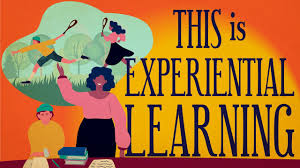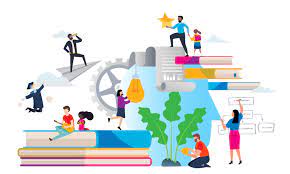Education
Here are some key aspects of an experiential educational system:
- Hands-on learning experiences: The focus is on active involvement and doing, rather than just listening or observing.
- Real-world applications: The learning is connected to practical, real-life situations and problems.
- Collaborative learning: Students work together in teams, building relationships and communication skills while solving problems.
- Reflective practice: Students reflect on their experiences and learning, allowing for deeper understanding and personal growth.
- Personalized learning: The educational system is tailored to meet individual student needs and interests.
- Active experimentation: Students experiment, take risks, and make mistakes in a safe and supportive environment.
- Problem-based learning: Learning is centered around real-world problems and students work together to find solutions.
- Authentic assessment: Assessment is connected to real-life situations and tasks, and focuses on the demonstration of knowledge and skills.
- Integrated curriculum: Different subject areas are integrated and taught in a way that makes connections and promotes interdisciplinary understanding.
- Nature and outdoor education: The educational system takes advantage of natural and outdoor environments to support learning and development.
.

.
